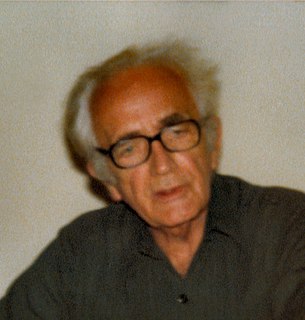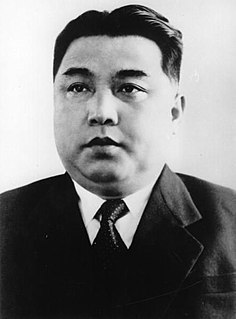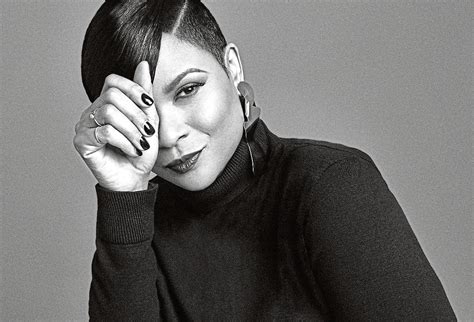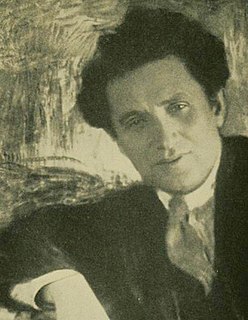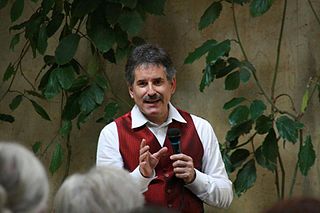A Quote by Mustafa Kemal Ataturk
Our aim is not to die. It is to carry out the revolution, to make a reality of our ideas. We must live, to get them accepted by the people.
Related Quotes
We have such a knee-jerk reaction to our young people, not recognizing our young people carry the torch. We condemn them for their hats worn a certain way or their hoodie worn a certain way, or their pants sagging a certain way, but the reality is, we need to meet them where they stand. We need to arm them with what they need to fight, and then we need to get the hell out the way and let them lead. That is something that is not happening in our communities.
We're free out here, really free for the first time. We're floating, literally. Gravity can't bow our backs or break our arches or tame our ideas. You know, it's only out here that stupid people like us can really think. The weightlessness gets our thoughts and we can sort them. Ideas grow out here like nowhere else - it's the right environment for them. Anyone can get into space, if he wants to hard enough. The ticket is a dream.
There are only shades of gray. Black and white are nothing more than lofty ideals in our minds, the standards by which we try to judge things, and map out our place in the world in relevance to them. Good and evil, in their purest form, are as intangible and forever beyond our ability to hold in our hand as any Fae illusion. We can only aim at them, aspire to them, and hope not to get so lost in the shadows that we can no longer aim for the light.
Our business is to wake up. We have to find ways in which to detect the whole of reality in the one illusory part which our self-centered consciousness permits us to see. We must not live thoughtlessly, taking our illusion for the complete reality, but at the same time we must not live too thoughtfully in the sense of trying to escape from the dream state. We must be continuously on watch for ways in which we may enlarge our consciousness.
The only things in which we can be said to have any property are our actions. Our thoughts may be bad, yet produce no poison; they may be good, yet produce no fruit. Our riches may be taken away by misfortune, our reputation by malice, our spirits by calamity, our health by disease, our friends by death. But our actions must follow us beyond the grave; with respect to them alone, we cannot say that we shall carry nothing with us when we die, neither that we shall go naked out of the world.
There is this thing called the university, and everybody goes there now. And there are these things called teachers who make students read this book with good ideas or that book with good ideas until that's where we get our ideas. We don't think them; we read them in books. I like Utopian talk, speculation about what our planet should be, anger about what our planet is. I think writers are the most important members of society, not just potentially but actually. Good writers must have and stand by their own ideas.
All men and women are born, live, suffer and die; what distinguishes us one from another is our dreams, whether they be dreams about worldly or unworldly things, and what we do to make them come about... We do not choose to be born. We do not choose our parents. We do not choose our historical epoch, the country of our birth, or the immediate circumstances of our upbringing. We do not, most of us, choose to die; nor do we choose the time and conditions of our death. But within this realm of choicelessness, we do choose how we live.
To discover how much of our resources must be mobilized for war, we must first examine our political aim and that of the enemy. We must gauge the strength and situation of the opposite state. We must gauge the character and abilities of its government and people and do the same in regard to our own. Finally, we must evaluate the political sympathies of other states and the effect the war may have on them.
We cannot hope to die peacefully if our lives have been full of violence, or if our minds have mostly been agitated by emotions like anger, attachment, or fear. So if we wish to die well, we must learn how to live well: Hoping for a peaceful death, we must cultivate peace in our mind, and in our way of life.
We start off with high hopes, then we bottle it. We realise that we’re all going to die, without really finding out the big answers. We develop all those long-winded ideas which just interpret the reality of our lives in different ways, without really extending our body of worthwhile knowledge, about the big things, the real things. Basically, we live a short disappointing life; and then we die. We fill up our lives with shite, things like careers and relationships to delude ourselves that it isn’t all totally pointless.
To live a fulfilling life, we must combine passion with compassion and strength without strife; we must get out of our comfort zone and into our strength zone; and we must work every day with discipline to ensure that our daily agenda reflects our values, our priorities, and the legacy we wish to leave for others.


